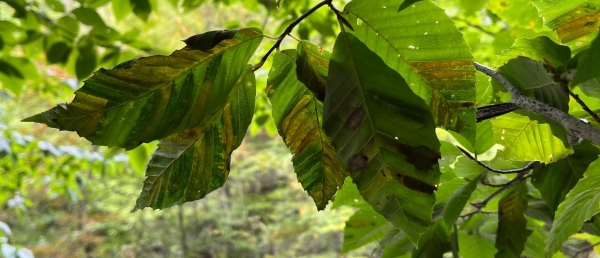Scientists led by an Oregon State University chemistry researcher are closing in on a new tool for tackling the global problem of weedkiller-tainted groundwater.
articles
Could Drying the Stratosphere Help Cool the Planet?
Yes, but only to a small degree.
We Know the Arctic is Warming -- What Will Changing River Flows do to its Environment?
Scientists at the University of Massachusetts Amherst recently combined satellite data, field observations and sophisticated numerical modeling to paint a picture of how 22.45 million square kilometers of the Arctic will change over the next 80 years.
Antarctic Ice Explains Dip in CO2 Levels
The new analysis, led by scientists at British Antarctic Survey (BAS), suggests that the decline was more gradual than some previously believed and that large-scale land use changes as Europeans colonised the Americas are likely responsible.
UW Researcher Studies Possible Effects of Cold Air Outbreaks on Arctic Ice Melt
In the last decade or so, the Arctic ice sheet has been shrinking more every summer than in the historical record.
An Inside Look at Beech Tree Disease
Beech trees provide food for animals, timber for wood products, and sustenance for beech drop plants, but they are under threat from Beech Leaf Disease (BLD).









